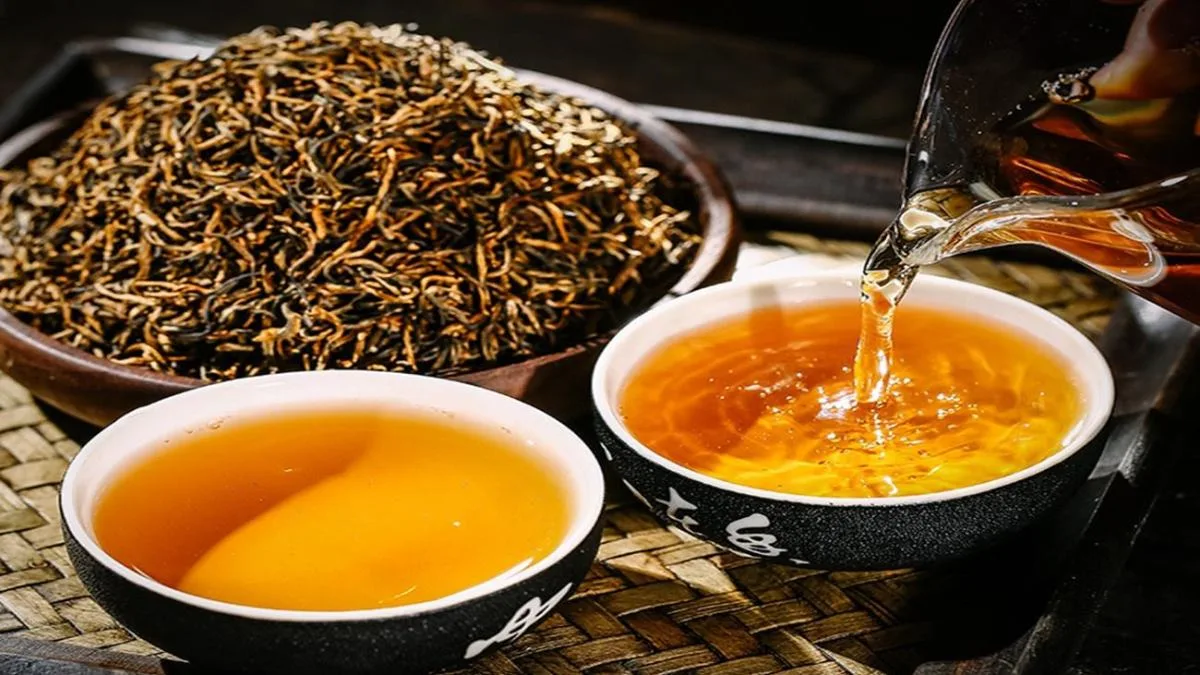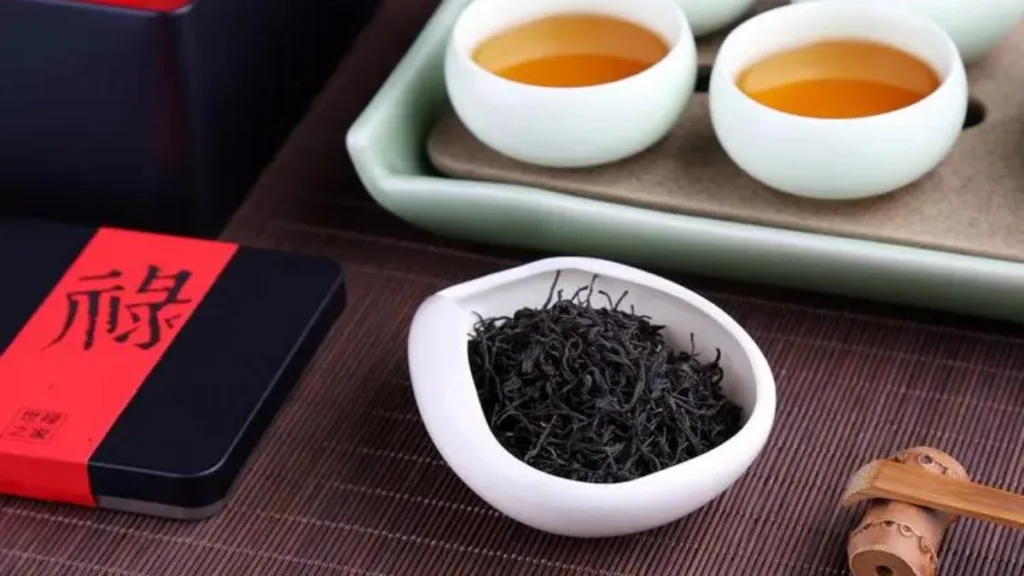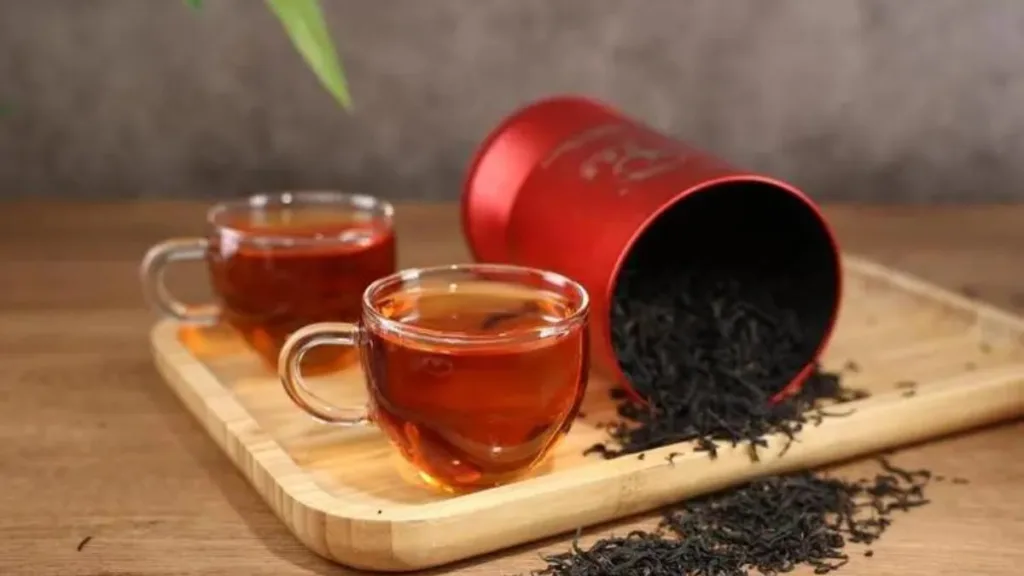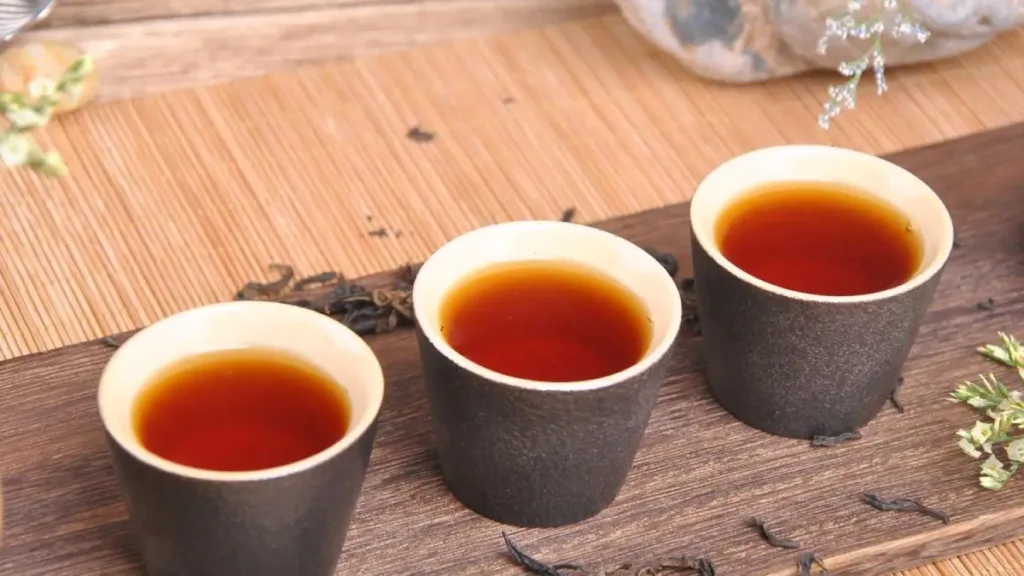For plant enthusiasts, the question of whether used black tea leaves can serve as fertilizer may cross their minds. The answer is yes. Many individuals casually discard tea residues after enjoying a cup, but for tea lovers, discarding used black tea leaves seems like a missed opportunity. In fact, the leftover tea leaves have numerous magical uses and significant value for plant cultivation.
Black tea can be used as flower fertilizer, as it contains theophylline. However, during the brewing process, some theophylline is lost. Prolonged use of black tea as flower fertilizer can alter the soil’s pH level.
- Watering Plants with Used Tea Leaves: After brewing, the tea leaves can be used to water plants. The used tea leaves need to undergo fermentation and decomposition before they can be used as flower fertilizer.
- Nutrient-rich Composition: Tea leaves contain a diverse range of organic chemical components, including tea polyphenols, alkaloids, proteins, amino acids, vitamins, pectin, organic acids, polysaccharides, sugars, enzymes, pigments, and more than 450 other organic compounds. Additionally, they contain over 40 inorganic mineral elements such as potassium, calcium, magnesium, cobalt, iron, aluminum, sodium, zinc, copper, nitrogen, phosphorus, fluorine, iodine, selenium, and others.
- Organic Fertilizer for Soil Aeration: While tea leaves can be used as flower fertilizer, their fertilizing effect may not be substantial. They are primarily utilized as organic fertilizer to enhance soil aeration.
- Effects on Soil pH: Tea leaves contain theophylline, and if used as flower fertilizer for an extended period, they can potentially alter the soil’s acidity.
Sources of Flower Fertilizer:
- Rice Water, Leftover Tea, and Milk Residue: These can be used as supplementary flower fertilizers, as they contain nitrogen, phosphorus, and potassium, promoting root development, branch and bud differentiation, and overall plant vigor. If one can collect traditional Chinese medicine residues and mix them into the potting soil while keeping it moist, it gradually improves the potting soil. Alternatively, steeping Chinese medicine residues in water can create a high-quality liquid fertilizer.
- Human Hair, Nails, Animal Hooves, and Feathers: Burying these in the potting soil serves as an excellent source of phosphorus fertilizer, with effects lasting around two years. Eggshells, bones, fish bones, and scales can be used as base fertilizer or fermented into a phosphorus-rich supplementary fertilizer, promoting vibrant flowers and robust fruit and seeds.
- Fruit Peels, Melon Rinds, and Old Leaves from Leafy Vegetables: Accumulating these materials and mixing them with two-thirds sandy soil, then sealing them in a container, produces high-quality humus soil, ideal for potted plants.
In conclusion, the practice of using black tea leaves as flower fertilizer is a sustainable and resourceful way to enrich soil and nurture plants. When combined with other organic materials, it contributes to a holistic approach to plant care and cultivation. So, the next time you enjoy a cup of black tea, consider saving the used tea leaves for the benefit of your beloved plants.



